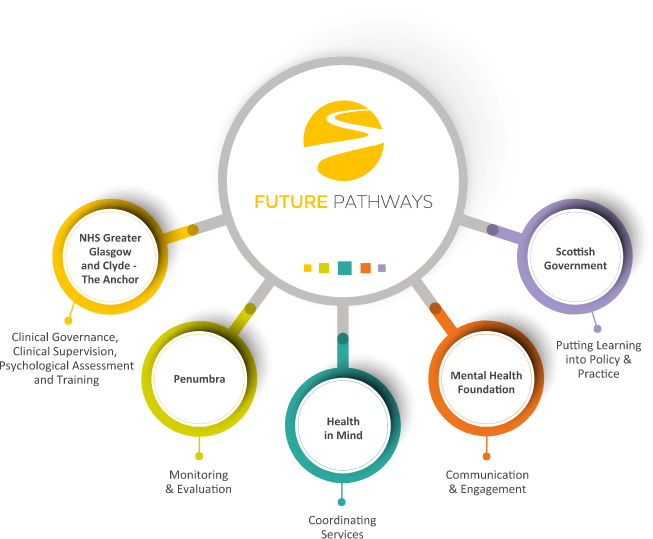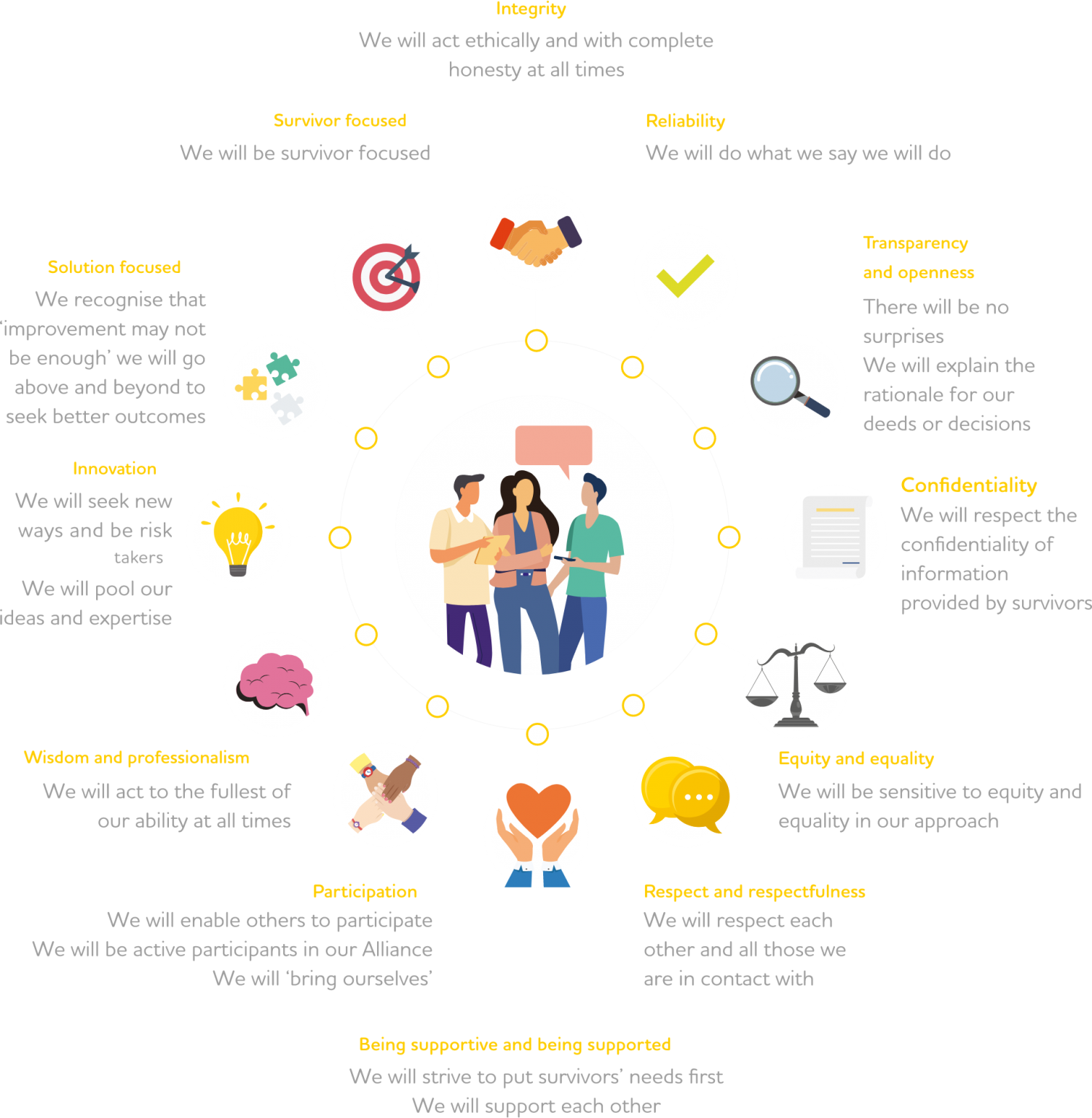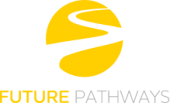About Future Pathways
Future Pathways supports people who experienced childhood abuse or neglect whilst in care, in Scotland. Our aim is to enable people to lead healthier, happier and more fulfilled lives.
Future Pathways is open to adults who experienced abuse or neglect as a child whilst in care in Scotland, including for people who no longer live in Scotland.
“child” means a person under the age of 18. “in care” includes institutional residential care such as:
- • Children’s homes (including residential care provided by faith-based groups)
- • Foster care
- • Secure care units including List D schools; Borstals; Young Offenders’ Institutions
- • Places provided for Boarded Out children in the Highlands and Islands
- • State, private and independent Boarding Schools including state funded school hostels
- • Healthcare establishments providing long term care
- • Any similar establishments intended to provide children with long term residential care
Future Pathways is an alliance of four organisations: The Glasgow Psychological Trauma Service, which is part of the Glasgow Health and Social Care Partnership, and three charities: Health in Mind, the Mental Health Foundation, and Penumbra. The Scottish Government funds Future Pathways and are Sponsor Members of the Alliance Leadership Team.


Future Pathways’ work is overseen by the Alliance Leadership Team. Day-to-day work is managed by the Alliance Management Team (AMT).
People register with us by phone or via email. It is also possible for referrals to be made on behalf of someone although we would always have to gain consent from the person themselves.
- We will ask people to confirm they meet the eligibility criteria and where and when they were in care.
- We will not ask people to share information about their past experiences.
Once registered, people can work with a support coordinator to help them identify their priority goals and explore the various supports that can be put in place to help achieve them. After people have registered they receive an information pack explaining how the service works in more detail.
The World Health Organisation (2014) defines “child abuse and neglect” as ‘physical and/or emotional ill-treatment, sexual abuse, neglect, negligence and commercial or other exploitation, which results in actual or potential harm to the child’s health, survival, development or dignity in the context of a relationship of responsibility, trust or power. Exposure to intimate partner violence is also sometimes included as a form of child maltreatment.’ Research shows that many people experience more than one type of childhood abuse.
- • Children living with their natural families or with members of their natural families
- • Children living with adoptive families
- • Children using sports and leisure clubs or attending faith-based organisations on a day-to-day basis
- • Hospitals and similar treatment centres attended on a short-term basis
- • Nursery and day-care
- • Short-term respite care for vulnerable children
- • Schools, whether public or private, which did not have boarding facilities
- • Police cells and similar holding centres which were intended to provide care temporarily or for the short term
- • 16 and 17 year old children in, and accommodated by, the armed forces.
We started work in September 2016, with a simple vision: “For survivors to lead full, healthy and independent lives.” We have progressed that work along four themes:
- Raising awareness and encouraging involvement
- Support people
- Enabling access to services
- Promoting high quality support
We have always seen high demand for our services: by the end of December 2019, a total of 1,289 people had signed up. Many have very difficult challenges in their lives, including poverty, homelessness, poor physical and/or mental health, family and relationship breakdown, and substance use. Because the problems vary widely, so do the solutions. Some of the things we do with people include:
- Helping them to get other assistance that they are entitled to but couldn’t previously get
- Supporting people to be active and maintain or improve their physical and mental health
- Helping with self development such as courses, safety at home or starting new hobbies, volunteering, or widening their personal network.

People often tell us that one of the best things about working with us is that they can get help from lots of other professionals and services without having to tell their stories over and over again.
